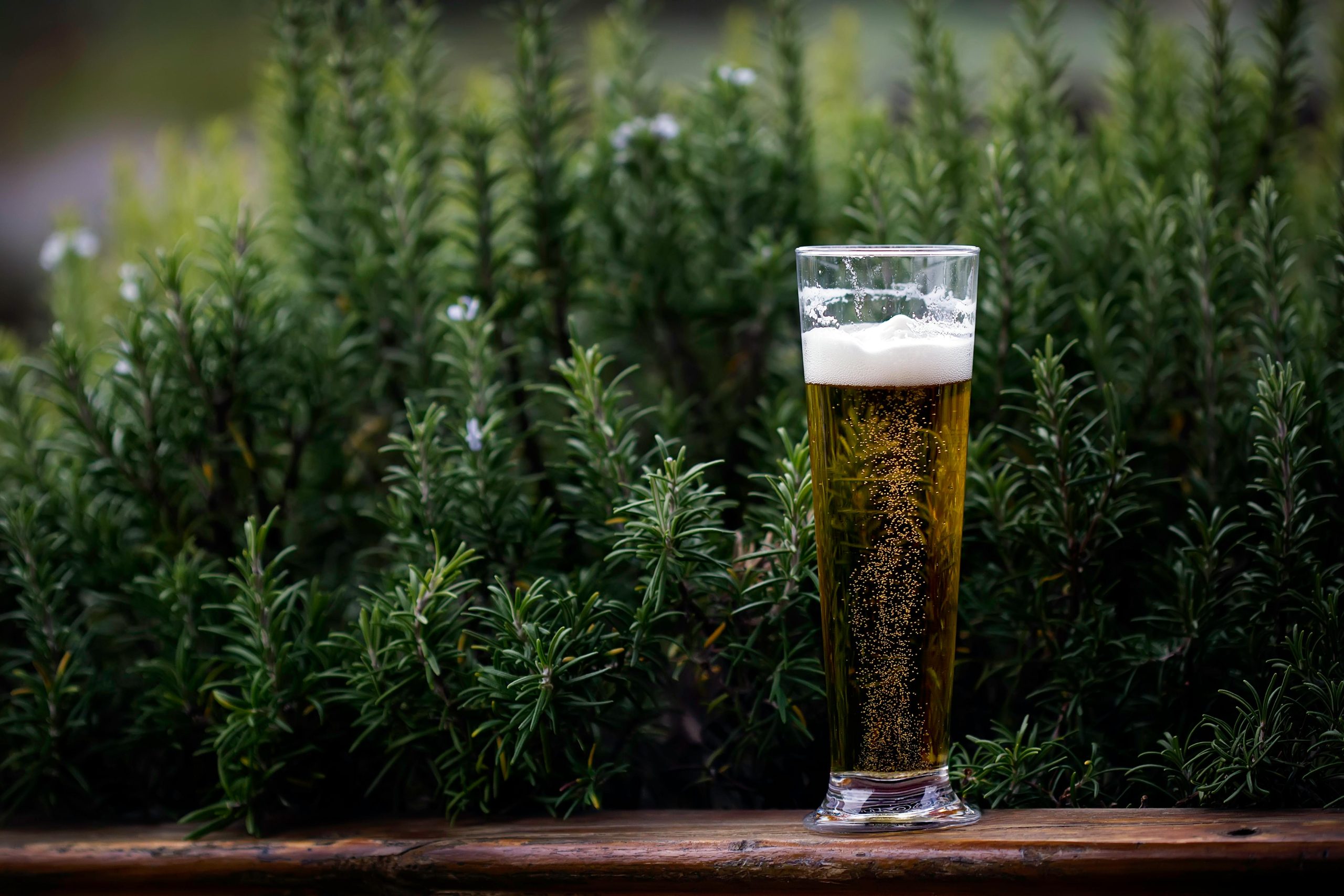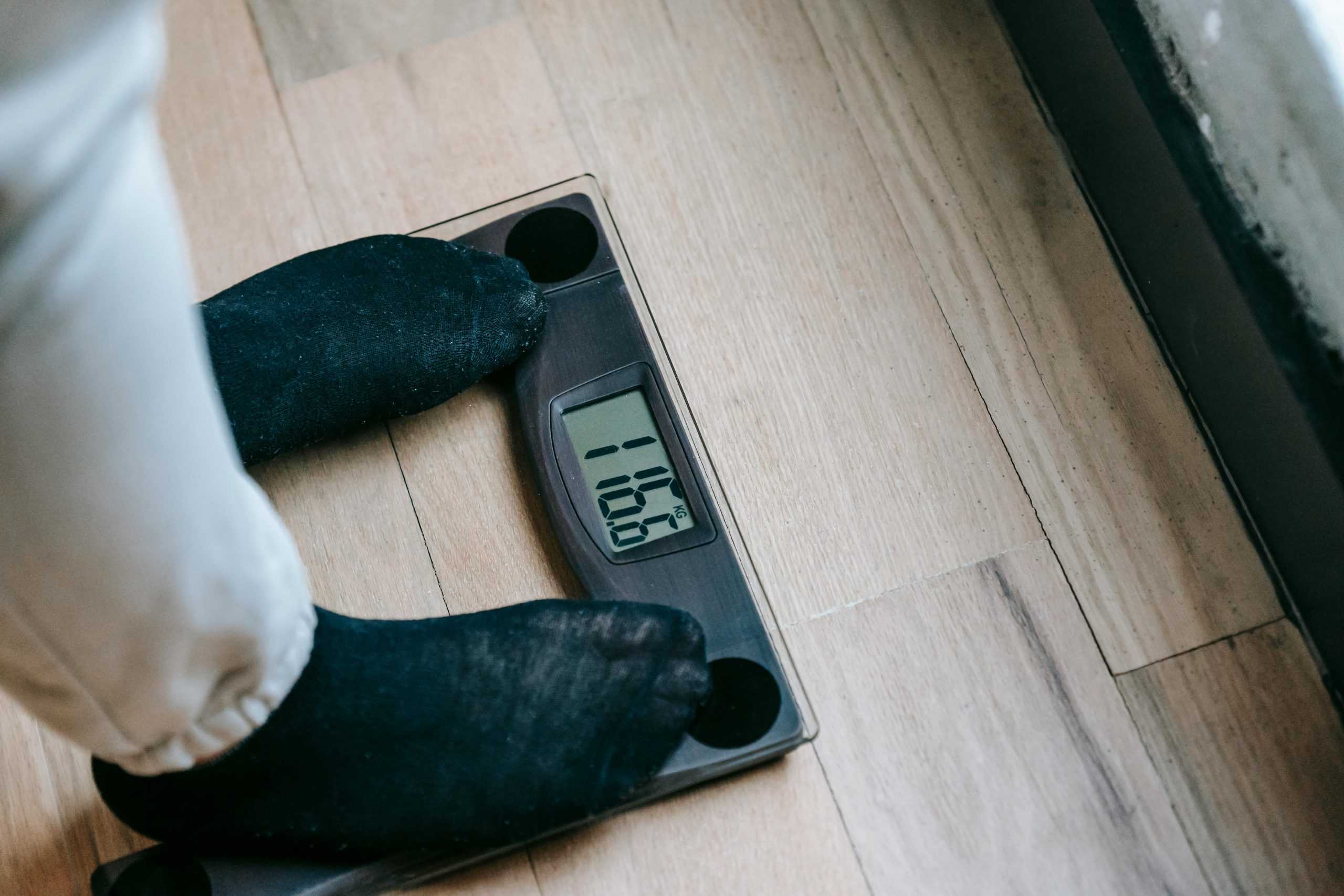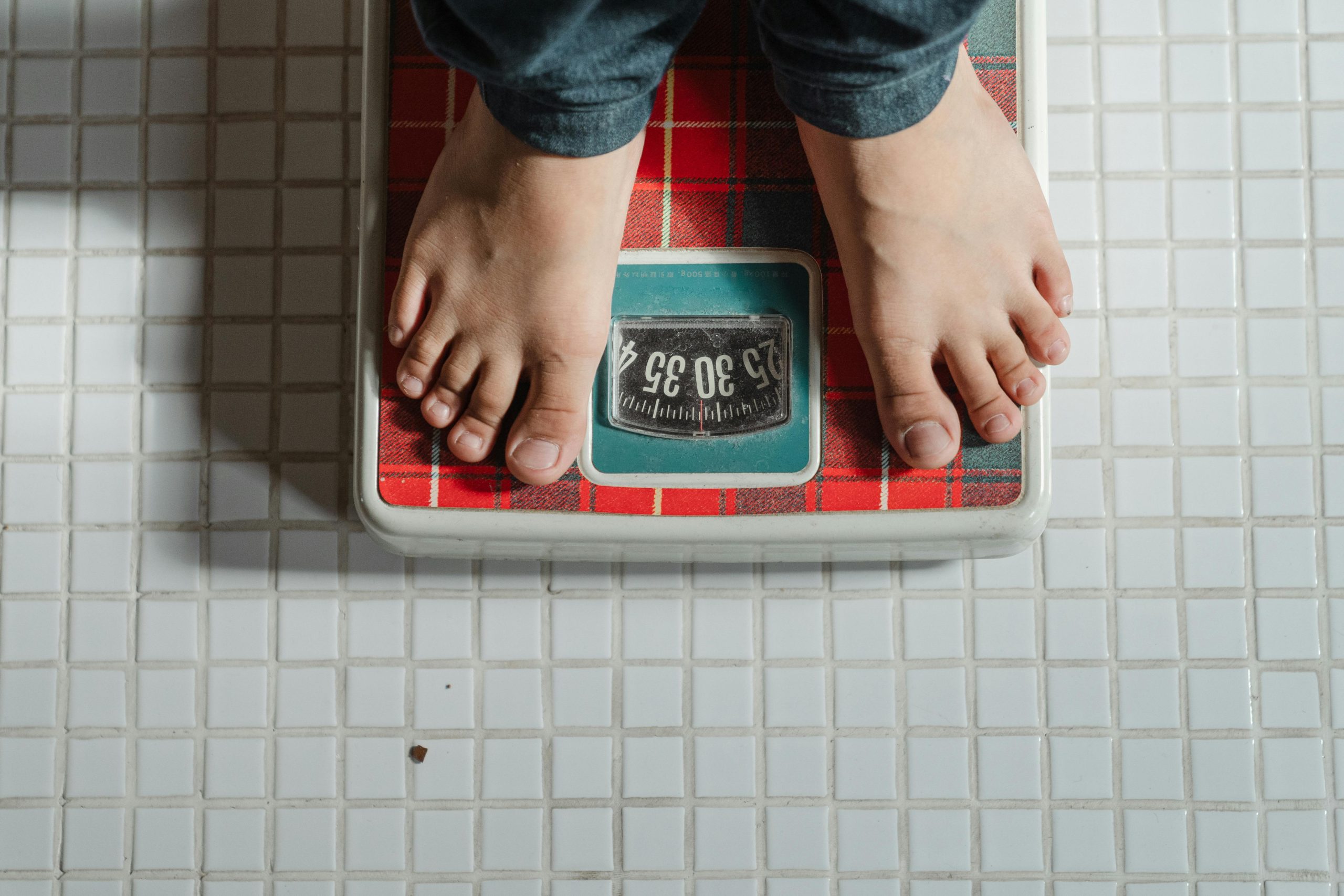If you’re taking tirzepatide (sold under the brand names Mounjaro and Zepbound) for type 2 diabetes or weight loss, you might wonder if it’s safe to drink alcohol.
Since alcohol is such a common part of social life, this is one of the first questions people ask after starting the medication.
You don’t have to give up alcohol completely on tirzepatide, but drinking does raise the risk of side effects like low blood sugar, nausea, and pancreatitis.
Occasional, moderate drinking may be safe for some people, but heavy drinking or drinking on an empty stomach is not recommended.
Always check with your provider.
SEE HOW TIRZEPATIDE CAN HELP YOU
How Tirzepatide Works and Why Alcohol Matters
Tirzepatide is a dual GIP and GLP-1 receptor agonist.
It lowers blood sugar, slows how fast your stomach empties, and reduces appetite.
These effects are great for diabetes management and weight loss.
Alcohol, however, has the opposite impact in some areas.
It can lower blood sugar, put stress on your liver and pancreas, and irritate your digestive system.
When tirzepatide and alcohol are combined, your body has more to manage, which can make side effects worse.
Tirzepatide and Alcohol: What the Research Says
One study showed that people on tirzepatide tended to drink less, likely because of how GLP-1 medications influence the brain’s reward pathways.
That might sound like a benefit, but it doesn’t erase the risks of drinking while on the medication.
The Risks of Drinking on Tirzepatide
Let’s take a look at some of the side effects of drinking while on tirzepatide:
Blood Sugar Changes
Both alcohol and tirzepatide can lower blood sugar.
If you have diabetes, especially if you take insulin, this raises the risk of hypoglycemia.
Signs include shakiness, dizziness, sweating, and confusion.
Digestive Issues
Tirzepatide already causes nausea, bloating, and slowed digestion for many people.
Alcohol makes these worse, especially when drinking on an empty stomach or during dose increases.
Liver, Kidney, and Pancreas Stress
Alcohol strains the liver and pancreas.
Since tirzepatide can also raise pancreatitis risk, combining the two isn’t ideal, particularly if you’ve had past issues with these organs.
Impact on Weight Loss Goals
Alcohol has empty calories and sugary drinks can add up quickly.
While it won’t cancel out tirzepatide’s effects, frequent drinking can slow your weight loss progress.
SEE HOW YOUR CAN GET THE MOST OUT OF YOUR WEIGHT LOSS JOURNEY
Safe vs. Risky Drinking on Tirzepatide
Here’s a simple way to think about when alcohol may be safer and when it becomes riskier:
| Safer Choices | Riskier Choices |
| 1 glass of wine or beer with a meal | Binge drinking |
| Staying hydrated while drinking | Drinking on an empty stomach |
| Occasional social drinking | Daily or heavy alcohol use |
| Choosing low-sugar mixers (soda water, lime) | Sugary cocktails or multiple shots |
| Drinking after your body has adjusted to tirzepatide | Drinking during dose escalation |
When Risks Are Higher
The chance of problems is higher if you’re just starting tirzepatide or increasing your dose, you have uncontrolled diabetes, you’ve had pancreatitis, liver, or kidney disease, you drink heavily, or you’re combining tirzepatide with insulin or sulfonylureas.
Tips for Safer Drinking on Tirzepatide
If your provider says it’s okay for you to drink, stick to moderate drinking (1 drink a day for women, 2 for men), eat before or while drinking, avoid sugary cocktails, pace yourself, alternate alcohol with water, and check your blood sugar more often if you have diabetes.
Mounjaro and Alcohol / Zepbound and Alcohol
Since Mounjaro and Zepbound are brand names for tirzepatide, the same guidance applies.
Whether you search for “Mounjaro and alcohol” or “Zepbound and alcohol,” the risks and precautions are identical.
Occasional moderate drinking may be tolerated, but heavy drinking can lead to dangerous complications.
Key Takeaways: Tirzepatide and Alcohol
You don’t necessarily have to give up alcohol while on tirzepatide, but drinking does raise risks, especially for blood sugar, digestion, and pancreas health.
Occasional, moderate drinking may be fine, but heavy or frequent drinking can undermine your results and your health.
At Optimize Integrative Health we help patients get the most out of treatments like tirzepatide while avoiding unnecessary risks.
If you’re unsure how alcohol fits into your health plan, our team can give you personalized guidance.
FAQs: Tirzepatide and Alcohol
Can you drink alcohol when taking tirzepatide?
It’s best to be cautious with alcohol while taking tirzepatide. Alcohol can affect blood sugar levels, sometimes causing them to drop too low, especially if you’re already on medication that influences glucose control. Some people also find that alcohol worsens digestive side effects like nausea. Occasional light drinking may be tolerated, but it’s smart to talk with your provider before mixing the two.
What not to do while taking tirzepatide?
While on tirzepatide, avoid skipping meals, drinking heavily, or ignoring signs of low blood sugar. You should also avoid making sudden changes to your diet or activity level without guidance, since those shifts can affect how your body responds to the medication. Overeating high-fat, greasy foods may also make nausea worse.
How long does it take to lose 20 lbs on tirzepatide?
Weight loss with tirzepatide varies from person to person. Some may see steady progress within the first few months, while for others, it may take longer. Losing 20 pounds could take anywhere from three to six months or more depending on your dose, lifestyle, and metabolism. Consistency with diet and activity makes a big difference.
Can I drink coffee on tirzepatide?
Yes, you can still drink coffee while taking tirzepatide. If you already enjoy coffee, there’s no need to cut it out. Just be mindful of how much caffeine you consume, since it can sometimes irritate the stomach, which may add to nausea for people who are just starting the medication.
What can make tirzepatide not work?
Tirzepatide may not work as well if doses are skipped, if diet and lifestyle habits don’t support weight management, or if your body develops tolerance over time. Certain medications or health conditions could also interfere with results. Regular follow-ups with your provider help make sure you’re on track and adjustments can be made if progress slows.
What are the benefits of tirzepatide?
The main benefit of tirzepatide is its ability to support significant weight loss and improve blood sugar control. Many people also report better energy, reduced cravings, and improved markers like blood pressure and cholesterol. Because it targets multiple pathways related to appetite and insulin, it often works better than older medications for both weight and diabetes management.
How long does tirzepatide take to work?
Tirzepatide starts working right away in terms of affecting blood sugar and appetite, but visible changes usually take a few weeks. Some people notice reduced cravings within the first couple of doses, while weight loss tends to become noticeable within the first month or two. Full results usually build steadily over several months.




